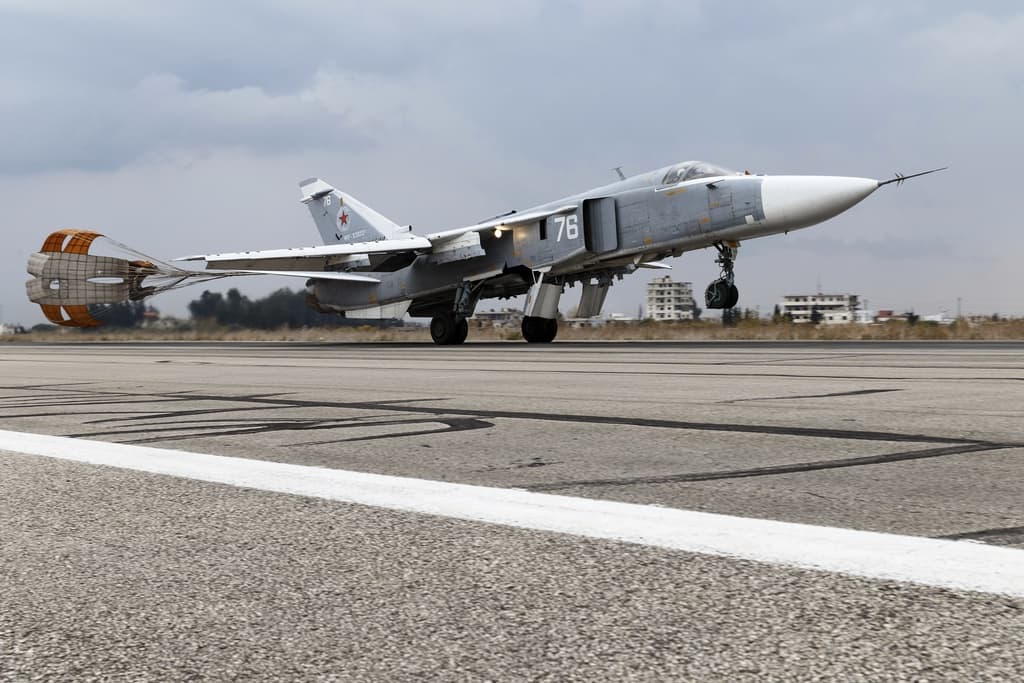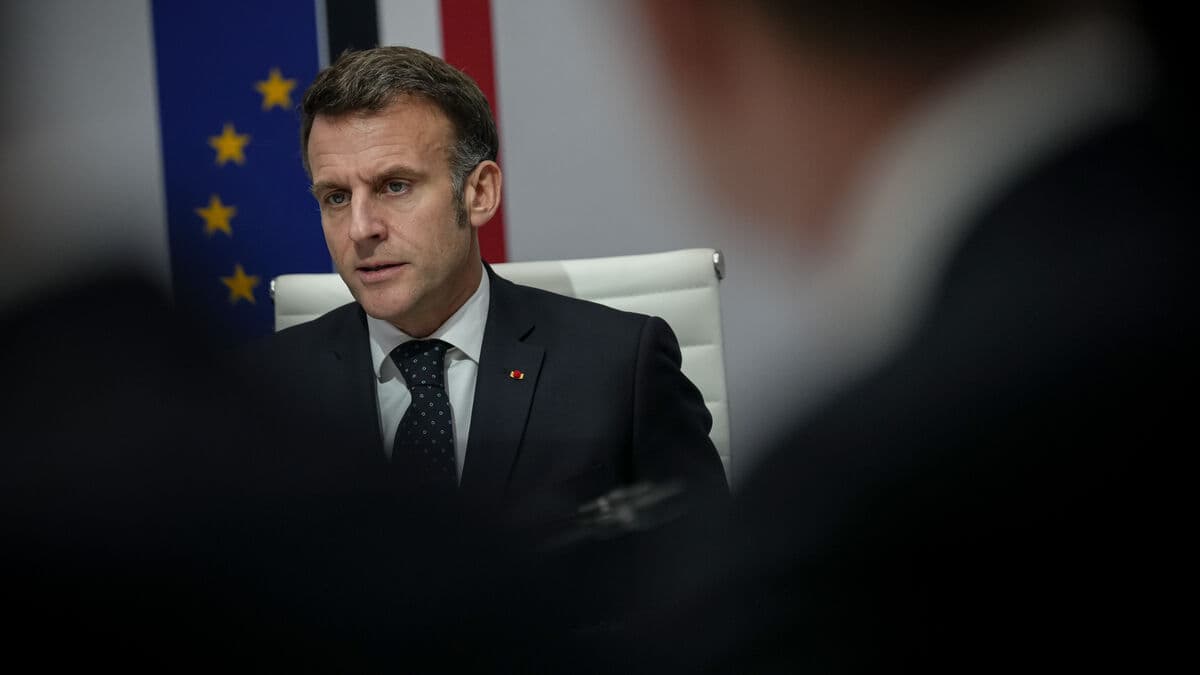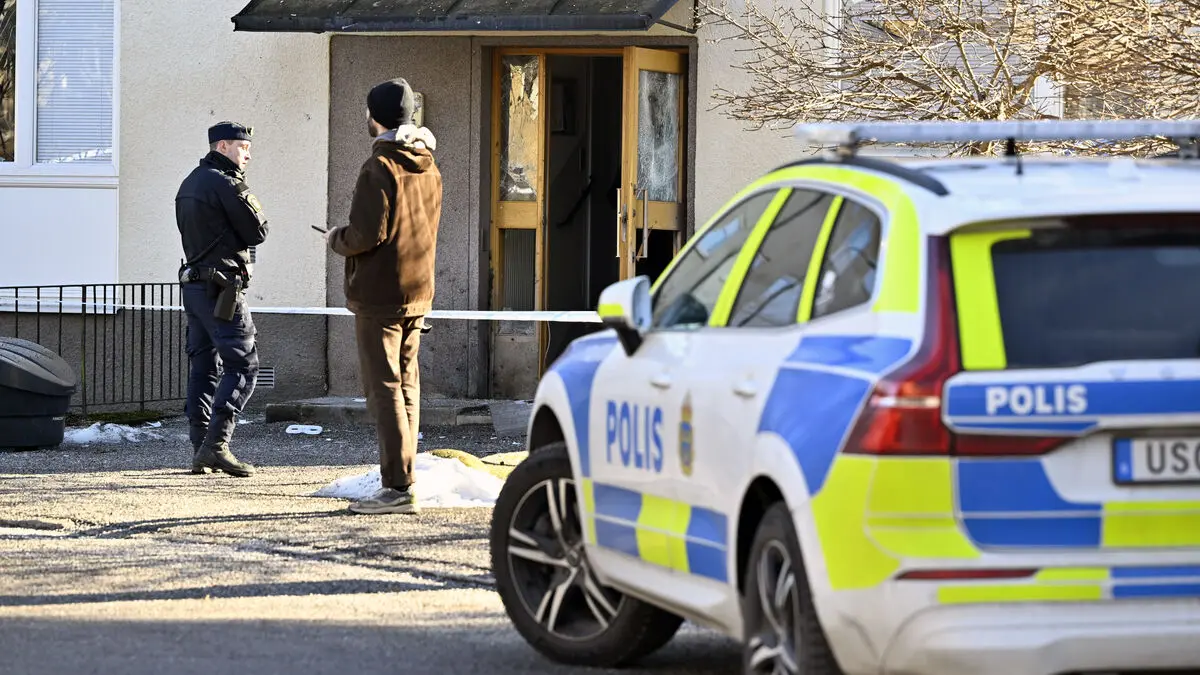The Russian violation of Swedish airspace was no mistake, according to Robert Dalsjö, defence policy expert at the Total Defence Research Institute, FOI.
It's about security policy body language, he says.
Robert Dalsjö links the incident to the one that occurred a few days ago, when two Russian bomber planes and two fighter jets intruded into Finnish airspace.
It was the same pattern as the mock attack on Sweden in 2013, the so-called Russian Easter. This is not a blunder and not a coincidence. It's Russian signal politics, where they want to show that they're unhappy, he says.
Dalsjö believes that the Russian discontent concerns Sweden's and Finland's NATO membership – among other things.
They had hoped to succeed in Ukraine, but it's not working out and now it looks bleaker. And then there's Ukraine's peace conference. I think they want to show that they have capabilities and that "we can make it bloody for you if you mess with us".
Check reaction time
Something that suggests it's an intentional violation is that the Russian plane didn't respond to Swedish calls.
They also wanted to see what we did, how we reacted and how quickly.
The Russian plane was a SU-24 bomber.
It's an attack plane from the end of the Cold War. It's getting old, but it's reasonably potent and can also be used to drop nuclear weapons, says Robert Dalsjö.
At the same time, he doesn't want to categorise the violation as a serious incident.
You shouldn't overstate the seriousness. This is the kind of thing the Russians have been doing for the last 10-15 years. It's a way of being threatening, but short of really serious, says Dalsjö.
"A marking"
Also, Magnus Christiansson, university lecturer and war researcher at the Defence University, links Friday's violation to the one that occurred in Finland earlier in the week.
It's about the Russian regime seeing itself in conflict with the West, and seeing Finland and Sweden's membership in NATO as a major problem. This is a marking, he says.
Magnus Christiansson also points to the fact that the West has given clear signals of continued support to Ukraine in recent weeks.
The violation of airspace should definitely be seen against that background.
TT: Is there reason for increased concern now, from a Swedish perspective?
Not for Sweden itself, but the Baltic Sea is one of the areas where it's becoming increasingly clear that a conflict between different interests in world politics is unfolding, says Magnus Christiansson.






